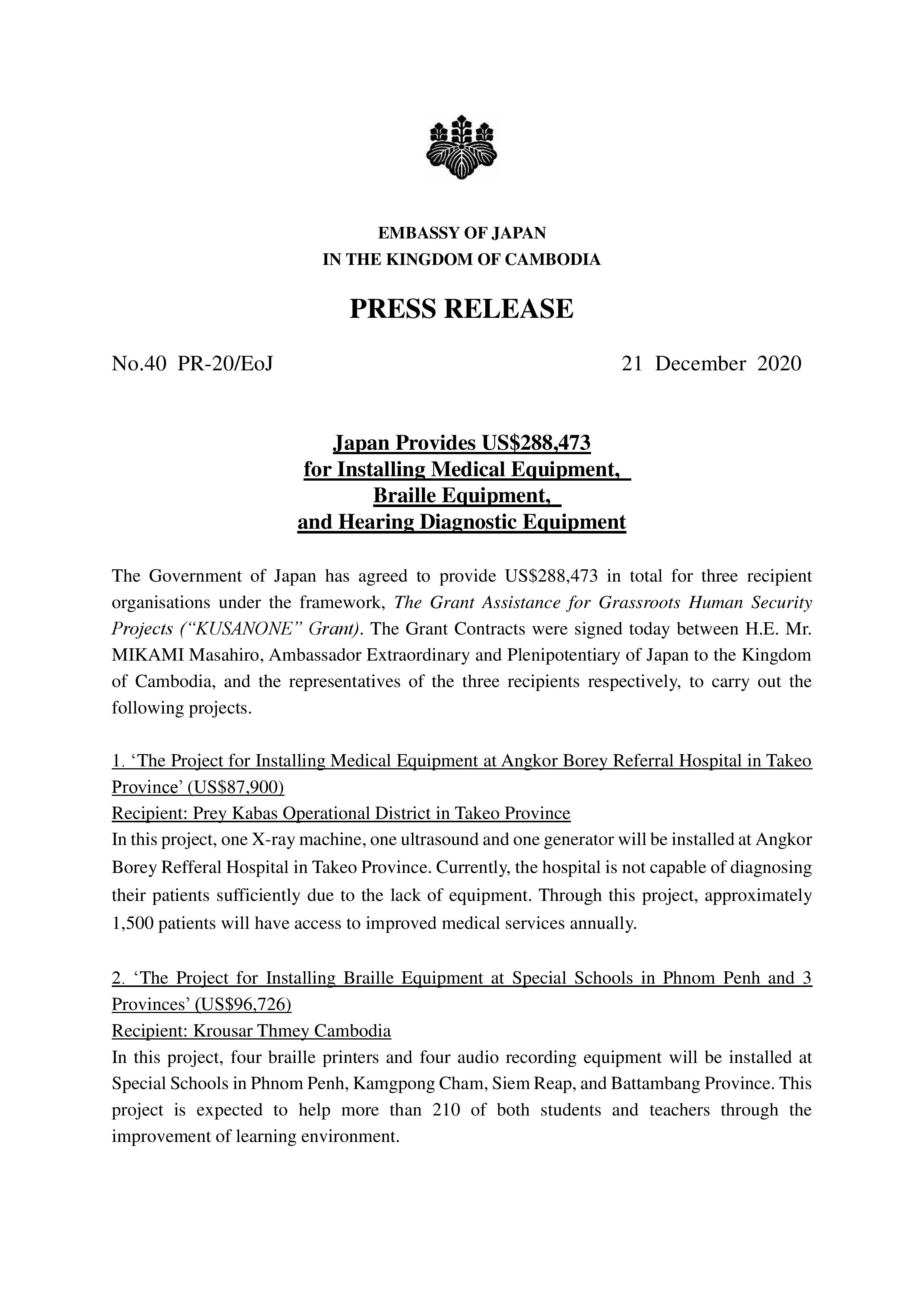Enhancing Mental Health Literacy: Educational Programs And Initiatives

Table of Contents
The Importance of Mental Health Literacy in Society
Mental health literacy refers to the knowledge and understanding of mental health conditions, their causes, and available treatments. Improving mental health literacy has a profound impact on individuals, families, and society as a whole. It fosters early intervention, reduces stigma, and encourages help-seeking behaviors.
- Reduced stigma surrounding mental illness: Education helps to dispel myths and misconceptions, fostering empathy and understanding towards those experiencing mental health challenges.
- Increased help-seeking behavior: Individuals with greater mental health literacy are more likely to seek professional help when needed, leading to earlier diagnosis and treatment.
- Improved early identification and intervention: Recognizing the signs and symptoms of mental illness allows for timely intervention, preventing conditions from worsening and improving prognosis.
- Enhanced self-management skills: Knowledge about coping mechanisms and self-care strategies empowers individuals to manage their mental health effectively.
- Promotion of positive mental well-being: Promoting mental health literacy fosters a culture of well-being, encouraging proactive steps to maintain and improve mental health.
Studies show that improved mental health literacy is associated with decreased suicide rates, reduced hospitalizations, and increased overall quality of life. Investing in mental health literacy is an investment in a healthier and more resilient society.
Types of Educational Programs for Enhancing Mental Health Literacy
Effective mental health literacy programs take a multi-pronged approach, targeting diverse populations through various channels.
School-Based Programs
Age-appropriate education is crucial in building a foundation of mental health literacy from a young age. School-based programs can integrate mental health education into existing curricula, teaching children and adolescents about:
- Examples of successful school-based programs: The "Heads Up" program and similar initiatives focusing on emotional intelligence and resilience.
- Curriculum components: Identifying common mental health challenges (anxiety, depression, stress), developing healthy coping mechanisms, understanding the importance of seeking help from trusted adults, and promoting positive self-esteem.
- Teacher training and resources: Providing teachers with the necessary training and resources to effectively deliver mental health education is paramount.
- Integration with existing health education programs: Seamlessly integrating mental health education into existing health classes ensures consistent and comprehensive coverage.
Community-Based Initiatives
Community-based programs play a significant role in reaching adults and specific demographics often overlooked in school-based settings. These initiatives might include:
- Examples of successful community-based initiatives: Public awareness campaigns utilizing social media, community workshops on stress management and mindfulness, and peer support groups for individuals with shared experiences.
- Target audience: Tailoring programs to specific age groups, cultural backgrounds, or those facing particular challenges (e.g., veterans, new parents) is essential for maximizing impact.
- Methods of delivery: Workshops, online resources, community events, and collaborations with local organizations.
- Collaboration with community organizations: Partnering with local health centers, libraries, and community centers broadens reach and leverages existing resources.
Workplace Mental Health Programs
Promoting mental health in the workplace is crucial for employee well-being and productivity. Workplace programs can offer:
- Examples of effective workplace programs: Stress management workshops, employee assistance programs (EAPs), and mental health awareness training for managers and employees.
- Benefits for employers: Increased productivity, reduced absenteeism, improved employee morale, and a stronger company culture.
- Benefits for employees: Improved well-being, reduced stress, better work-life balance, and access to support resources.
- Addressing mental health in various workplace settings: Tailoring programs to suit different work environments, including office settings, factories, and healthcare facilities.
Effective Strategies for Implementing Mental Health Literacy Programs
Effective implementation requires strategic planning and leveraging available resources.
Utilizing Technology and Digital Platforms
Technology offers unparalleled opportunities to reach wider audiences and enhance engagement:
- Examples of effective online mental health resources: Websites offering reliable information, mental health apps providing self-help tools, and online support forums.
- Accessibility and inclusivity considerations: Ensuring that digital resources are accessible to people with disabilities and those from diverse backgrounds is critical.
- Measuring the effectiveness of digital programs: Utilizing analytics to track website traffic, app downloads, and user engagement provides valuable data for program improvement.
- Utilizing social media for awareness campaigns: Social media platforms can be leveraged to raise awareness, share important information, and connect individuals with support resources.
Measuring the Impact of Mental Health Literacy Initiatives
Regular evaluation is crucial to ensure program effectiveness and inform future improvements:
- Key performance indicators (KPIs) for measuring program impact: Changes in knowledge, attitudes, and behaviors related to mental health; increases in help-seeking behavior; and reductions in stigma.
- Data collection methods: Surveys, focus groups, pre- and post-program assessments, and analysis of help-seeking patterns.
- Analyzing data to inform program improvement: Regular data analysis helps to identify areas for improvement and refine program strategies to maximize impact.
Conclusion
Enhancing mental health literacy through comprehensive educational programs and initiatives is vital for building a more supportive and understanding society. By collaborating across sectors – schools, communities, and workplaces – we can create a culture where mental health is prioritized, stigma is reduced, and individuals feel empowered to seek help and support. Invest in your mental well-being and contribute to enhancing mental health literacy in your community. Find resources and learn more about how you can participate in improving mental health literacy today! [Link to relevant organization 1] [Link to relevant organization 2]

Featured Posts
-
 Are Fortnite Game Mode Shutdowns A Sign Of Decline
May 02, 2025
Are Fortnite Game Mode Shutdowns A Sign Of Decline
May 02, 2025 -
 Ps 6 Kl Ma Tryd Merfth En Blay Styshn 6
May 02, 2025
Ps 6 Kl Ma Tryd Merfth En Blay Styshn 6
May 02, 2025 -
 France Vs England Six Nations Dalys Match Winning Performance
May 02, 2025
France Vs England Six Nations Dalys Match Winning Performance
May 02, 2025 -
 The Impact Of Social Media Assessing Rupert Lowes X Strategy For Uk Political Reform
May 02, 2025
The Impact Of Social Media Assessing Rupert Lowes X Strategy For Uk Political Reform
May 02, 2025 -
 Dragons Den A Comprehensive Guide To Success
May 02, 2025
Dragons Den A Comprehensive Guide To Success
May 02, 2025
Latest Posts
-
 Joseph La Nouvelle Serie Policiere De Tf 1 Vaut Elle Le Detour
May 03, 2025
Joseph La Nouvelle Serie Policiere De Tf 1 Vaut Elle Le Detour
May 03, 2025 -
 Mauritius And Donor Country Notes On Grant Assistance Exchanged
May 03, 2025
Mauritius And Donor Country Notes On Grant Assistance Exchanged
May 03, 2025 -
 Mauritius Receives Grant Assistance Signing Ceremony Details
May 03, 2025
Mauritius Receives Grant Assistance Signing Ceremony Details
May 03, 2025 -
 Joseph Sur Tf 1 Avis Complet Sur La Nouvelle Serie Policiere
May 03, 2025
Joseph Sur Tf 1 Avis Complet Sur La Nouvelle Serie Policiere
May 03, 2025 -
 Signing And Exchange Of Notes Grant Assistance To Mauritius
May 03, 2025
Signing And Exchange Of Notes Grant Assistance To Mauritius
May 03, 2025
